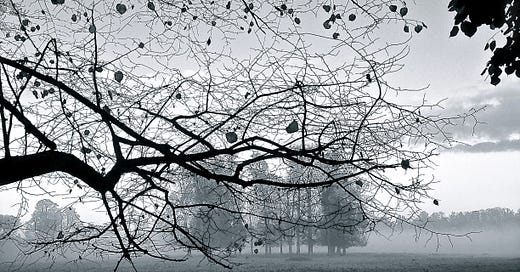We follow this constant internal seasonal round of living and dying throughout our lives, trying to understand what it is we need, what is coming to fruition and what we have to let go of.
As living beings we can’t help paying attention to things other than ourselves. Though we might be weak or wounded in one or more of them, we have…
Keep reading with a 7-day free trial
Subscribe to David Whyte to keep reading this post and get 7 days of free access to the full post archives.





